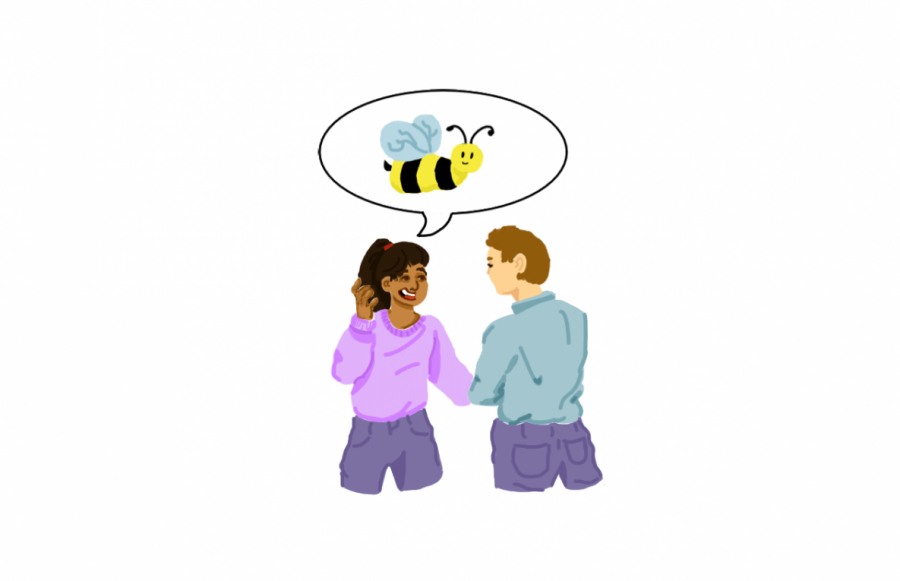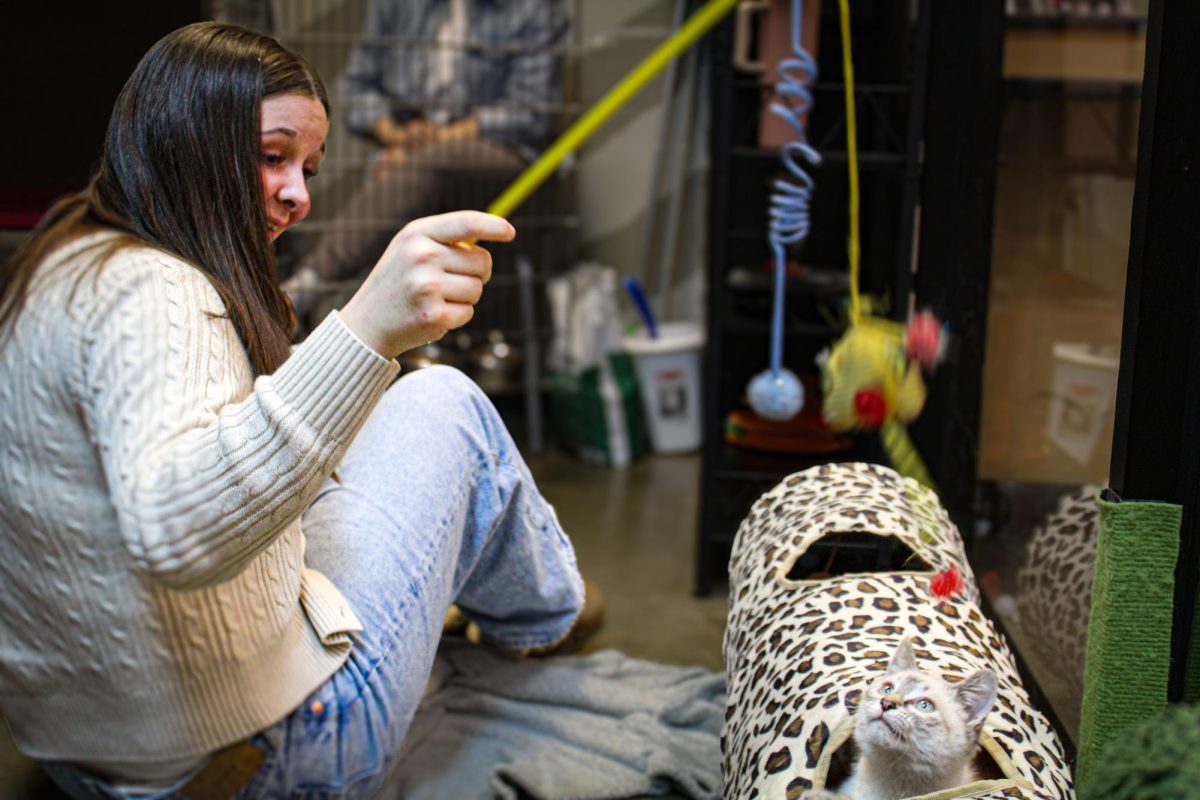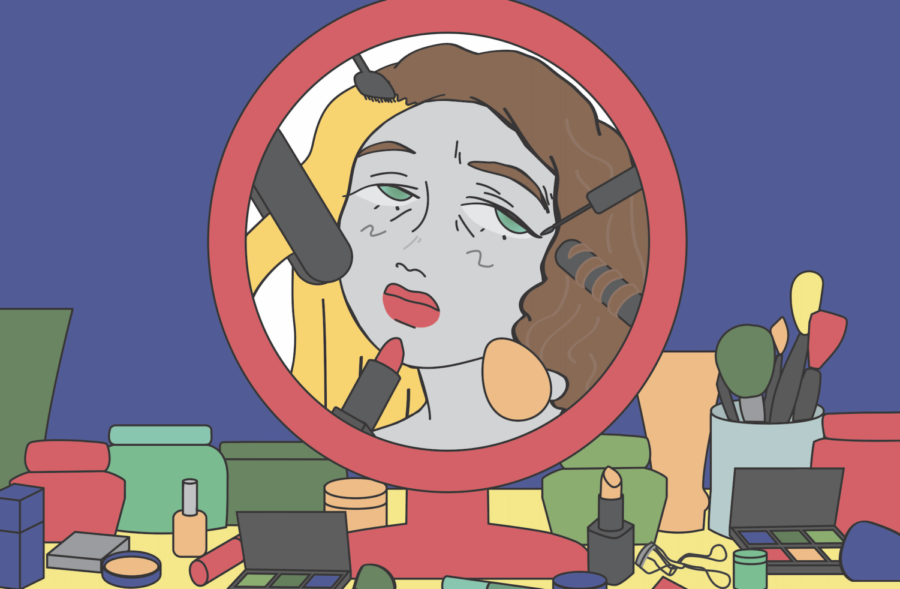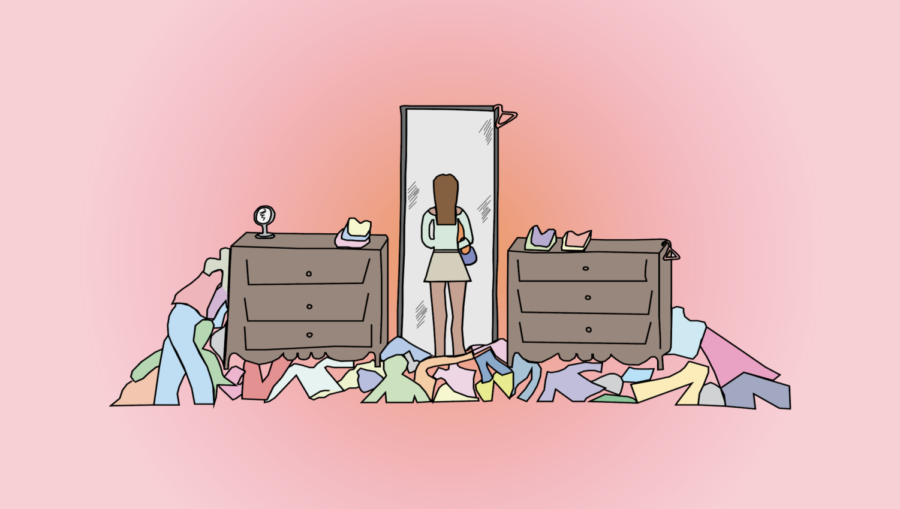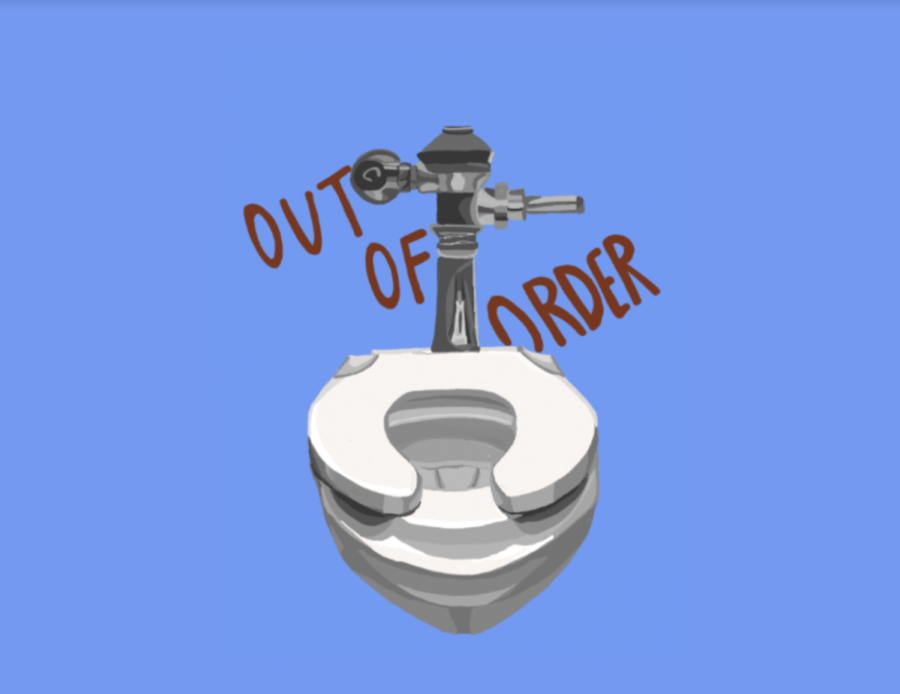Despite anyone’s personal opinions on bees, there is no doubt that their hard pollination work is the basis of a vast majority of our nutritional needs. One-third of every bite of food eaten is dependent on pollinators, Greenpeace says, with bees making up 80% of the pollination process that ensures healthy and consistent harvests. Without these little insects, our world would lack fruits, vegetables and all of the creatures that rely on them to survive. If you like to eat, this applies to you.
Despite the necessity of bees to our modern world, the rate of decline in their population is alarming. A study done by the Yale School of Forestry and Environmental Science reports that in the past decade, beekeepers have reported annual losses of 30 percent in their hives, a substantial increase from what is considered normal. Last winter, however, that number has spiked in the United States to losses of 40 to 50 percent.
A major cause of this population decrease has been related to a class of pesticides known as neonicotinoid, which has been found to be highly toxic to bees and other pollinators. To combat this, the European Commission intends to impose a two-year ban on the neonicotinoids. Rather than follow Europe’s lead, however, the United States has yet to reign in these poisonous pesticides.
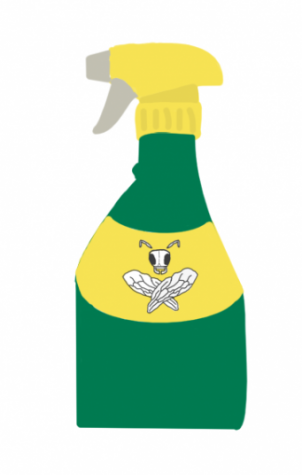
According to the EPA, Neonicotinoids are used on about 95% of U.S. corn and canola crops and are also used on the majority of fruits and vegetables. The U.S. Geological Survey published data that documents neonicotinoid residue in rivers and streams, and data published by Washington State’s Benbrook has shown its presence in a variety of foods.
While you may use a run of the mill insect killer to protect your cabbages, you are simultaneously hurting a population of insects crucial to our existence. The substances meant to stay within a small herb garden can run off into a nearby water source or seep into the surrounding environment. This not only affects the bees attempting to pollinate the local area, but also the areas where the toxicity spreads to.
We at Nordic understand your love for a backyard garden, so we’re not suggesting to cut off pesticides and leave it to the aphids. There are a variety of bee-safe pesticides, as well as homemade alternatives available that one can use to ward off unwanted insects. The only way to ensure you are not propagating the use of bee-toxic chemicals is to take some time to first look through your own pesticides and garden chemicals to see if they’re harmful to bees. We have provided links for further information on harmful chemicals to pollinators should you want to educate yourself more. Spread the word to your friends and neighbors, or join a local petition attempting to ban neonicotinoids. If we don’t slow the rate of death in the bee populations soon, it’s going to cost us a lot more than a new bottle of pesticide.
Spraying at dawn or dusk when bees are fairly inactive also lessens the risk. Dry pesticides are non-toxic to bees while the wet ones pose a high risk, so spraying in the early morning or right before dark allows time for the chemicals to dry before bees return!
We’ve already mentioned the risk of pesticide spreading, so be sure not to contaminate water the bees may use to drink; don’t pour leftover chemicals into a pond, puddle, toilet or sewer and instead, make sure to only mix the amount needed. If you do have leftover, check with local environmental agencies on how and where to safely dispose of certain chemicals.
Dust pesticides are also extremely hazardous to bees. The pollen-sized toxic capsules in the pesticides can be carried back to the nest and endanger the whole colony. If you see a dust-based formula, it’s better to switch to a liquid one.
Ways to Help
Bee friendly to your local pollinators!
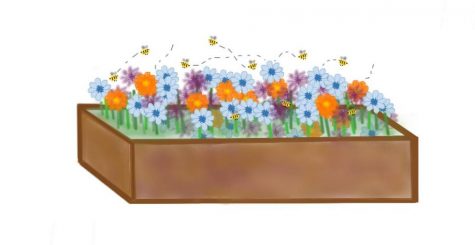
Create a small garden with bee-friendly plants or add them to any existing plant areas you have to counteract urban sprawl
- Avoid hybrid flowers, which may be sterile and have little or no nectar or pollen
- Skip the double flowers, which lack pollen
- Make sure you’ll have blooms for bees year round.
- Plant flowers in patches – bees like to focus on one flower type at a time
- Leave an undisturbed plot for ground-nesting bees
Avoid using synthetic pesticides, herbicides and fertilizers in your garden as they can be very harmful to bees and other important contributors to local ecosystems. Treating your garden with natural pesticides, spraying at night when bees are less active or using natural pest killers such as ladybugs or praying mantises are all possible alternatives to toxic pesticide use (avoid chemicals belonging to the neonicotinoid family especially, as they are particularly deadly to bees).
Bird baths are also helpful to bees. By keeping one, or a small dish of water with stones or pebbles inside in your garden will allow bees to get a drink and rest as they help pollinate your yard.
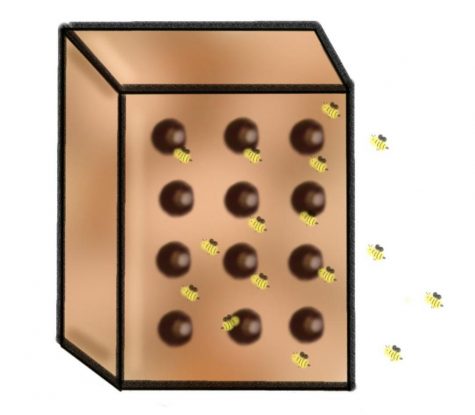
Invest in small bees hives, there are tons of easy and small bee homes that you can buy for yourself or as a gift that helps bees rest and repopulate.
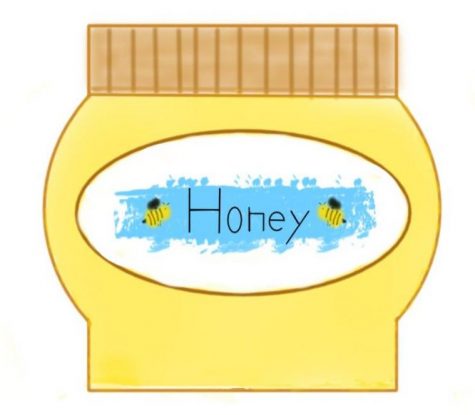
Support your local beekeeper. Many farmers markets or community centers have beekeepers, you can help save the bees by buying some local honey or honeycomb.
Plant native plants around your fruit and veggie patch. This will attract more bees, saving the environment and helping your produce thrive.
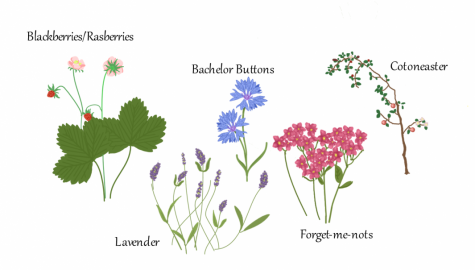
Plant in your community and offer to plant bee-friendly plants in empty patches of ground outside schools, businesses and homes. This is a good volunteer opportunity that will help the bee population and your community.
Spread the word; the more people know about the issue the more likely bees are to continue and keep our world growing.
Get involved yourself! Add your name to the petition urging the EPA and USDA to band neonicotinoids.



